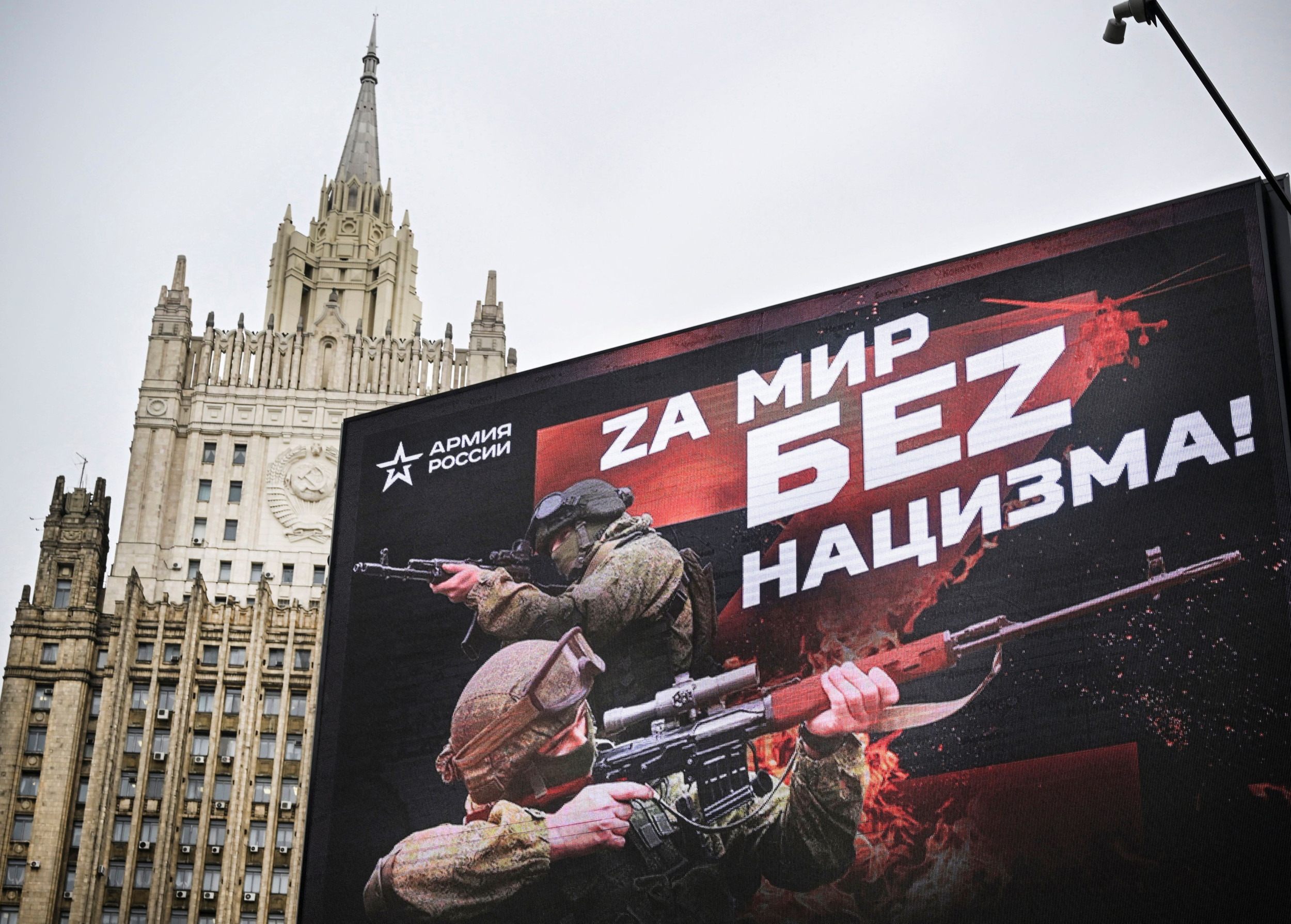- cross-posted to:
- [email protected]
- [email protected]
- cross-posted to:
- [email protected]
- [email protected]
Summary
Russia has cut compensation for troops injured in Ukraine, limiting full payouts of 3 million rubles ($30,000) to those with severe, life-threatening injuries.
Soldiers with minor wounds will now receive reduced payments between 1 million ($10,000) and 100,000 ($1,000) rubles.
This change comes as Russia faces escalating war expenses, with casualty compensation costs estimated at 2.3 trillion rubles ($26 billion) by mid-2024.
High personnel losses have led to recruitment efforts funded by regional social welfare budgets, diverting resources from vulnerable populations, raising concerns about future mobilization efforts and public discontent.



Wow. 3 million rubles is down that much?
The exchange rate is basically frozen as the Russian central bank won’t allow it to be freely traded on the open market.
Yeah, that was my thought.
I think it’s clear that Biden and the west is banking on collapsing the country economically, which I totally understand as a reasonable idea. But I think that it fails to account for the incredibly unpredictable and negative consequences of collapsing a state. And that’s before considering that it’s a nuclear state.
Or they were thinking that russia was going to be a rational actor and stop before it’s collapse.
"They won’t kill themselves over this… Right? "
After the US election, I think yes they will out of pride and spite.
Am I crazy for assuming that they’re in “go for broke” mode, and everyone else assumes this too?
The soviets collapsed and it only gave the North Koreans access to ICBM capable rocket engines a few decades early. I’m sure nothing bad will happen again this time.
Ah, who am I kidding, some general will probably sell a nuke to the saudis and we’ll all die the next time there’s an oil fiasco.
The good news about nukes: they have a shelf life – most soviet-era nukes needed to be replaced every 12 years, as the loss of fissile material to natural radioactive decay would render them dirty bombs after a certain point. Now don’t get me wrong, a dirty bomb still sucks, but it’s no nuke.
So when a collapsing Russia is hypothetically selling nukes, they’re probably selling old depleted nukes or nearly expired nukes. To a terrorist it is almost the same thing, but to nation stations looking at MAD, it really isn’t.
Dirty bomb will still render half a city uninhabitable for generations.
And, there is a decent chance the Russians have been recycling spent bomb cores for their current bombs. Just because a core loses its potency, doesn’t mean you can’t refine it again and mix it with other refined cores for a brand new bomb.
Is true that the tritium for hydrogen bombs would be basically impossible for a non nuclear nation to get, but conventional fission bombs are readily recycliable.
Why is this the first time I’m hearing of this?
Did you take physics in high school (or elsewhere) and learn about half lives? Many of the main ingredients in nuclear weapons all have half lives: tritium, plutonium, etc – and most have fairly short half lives. They need to be continuously produced, enriched, refined, etc. to keep the purity high enough to be detonated. Some of them require breeder reactors and other fun thing.
Well, okay, U235 has a half-life of 700 million years, but you still need to enrich uranium to increase to proportions of U235, since U238 cannot sustain a chain reaction.
The original nuclear weapons were U235 weapons. Later bombs added all the harder to make stuff to make them bigger – fusion bombs still usually have a U235 starter to get the reaction going, but rely on things like tritium and plutonium to do the fusion bits. Even the Lithium-6 (which is stable) slowly decays to helium and tritium inside the weapon as neutrons from the other components hit it.
Anyway, enjoy the Wikipedia rabbit hole.
Yes, your first paragraph I am familiar with. What I was referencing was the fact that no one has called out that Russia has not been, what, re-enriching its nuclear stockpile? I am aware that the US does somewhat regular maintenance on our nuclear arsenal, but I was not aware that Russia simply did not do this. You’re second and third paragraph were fascinating though. I was not aware that that’s what enrichment did. Thanks!
I think it’s more the fact that the Russians likely wouldn’t be selling their “good” nukes. They would be selling the old, run-down ones. They would be a large chance they wouldn’t detonate properly.
There’s also a lot of debate on how well the rest of Russia’s nuclear arsenal has been maintained. It’s highly specialist work that can’t easily be verified by non-specialists. I wouldn’t be surprised if a lot of Russian nukes were already non-viable due to corruption affecting maintenance.